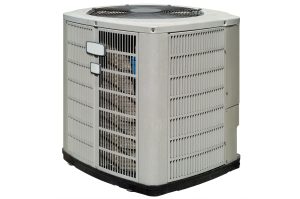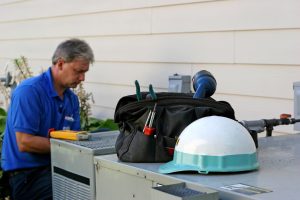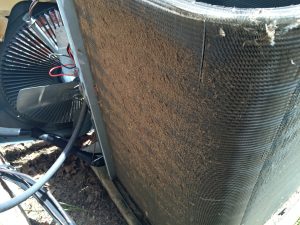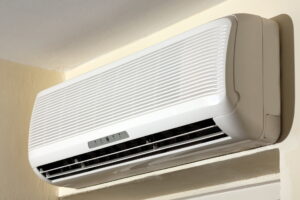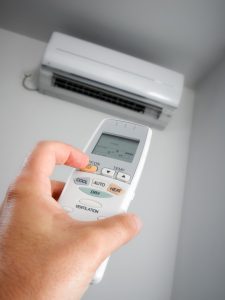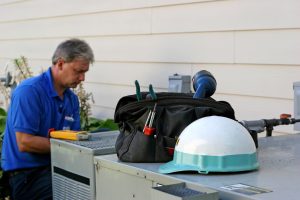Have you ever felt like your air conditioner was plotting against you? Every time it’s fixed and in good shape, it seems like a new problem rears its ugly head and causes you more stress. Can’t you just have a summer where there are no issues and you can enjoy the constant cooling of your AC?
Well, the truth is that there might be an issue that’s directly causing your AC to lash out frequently. But it has nothing to do with how well-maintained it is or the type of system you have. In fact, your AC might be ready for air conditioning replacement in Burlington.
Are you unsure about this? Or maybe you’ve just heard different things from different people about AC replacement? Well, follow along with our point system to determine whether your system is ready to be replaced.

